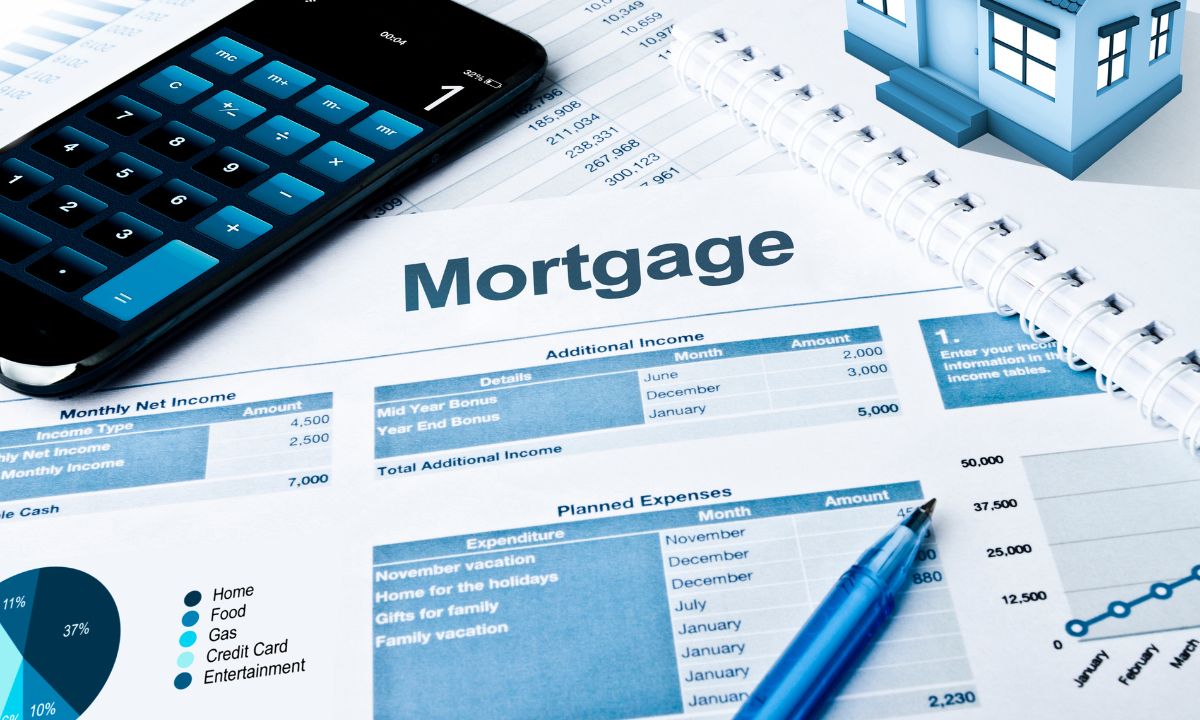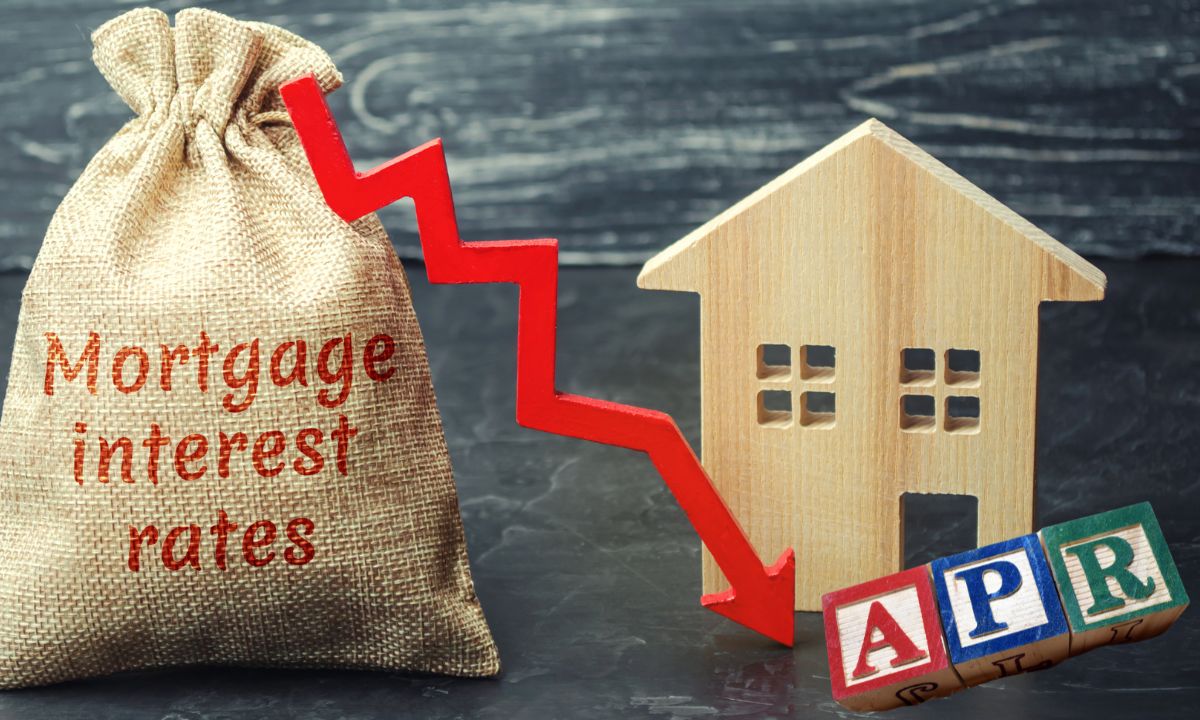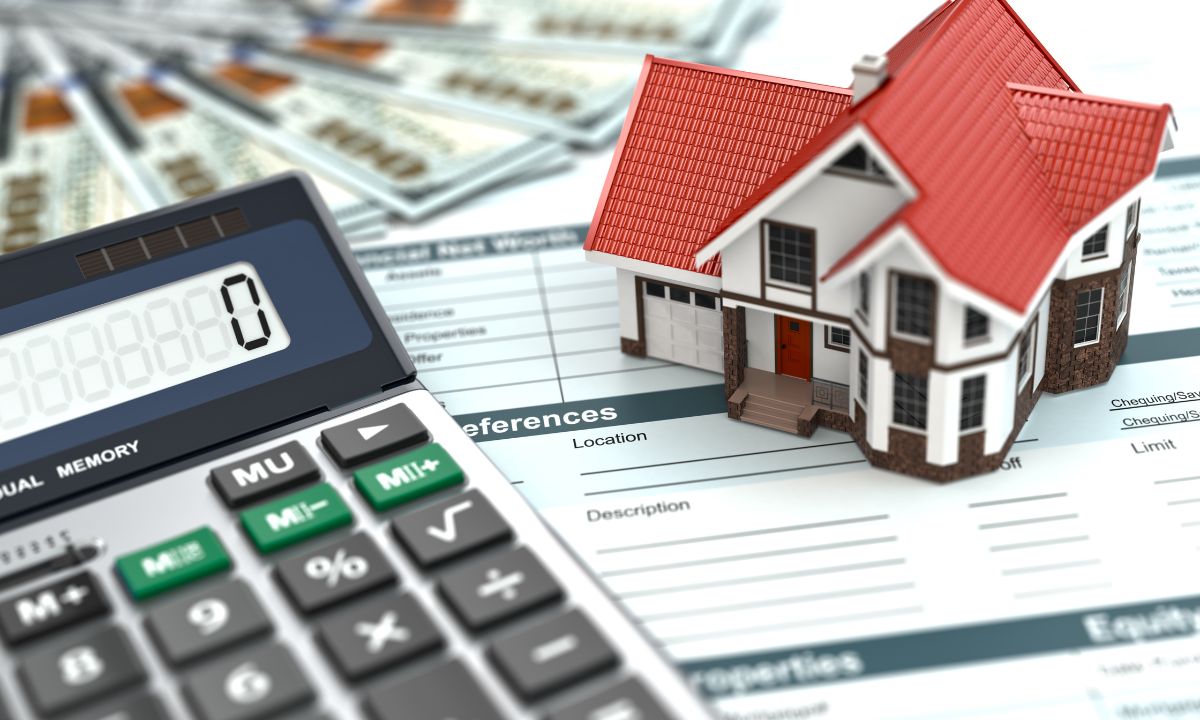Understanding the Differences Between Construction Loans and Mortgages
 Construction loans and mortgages are two important tools in the world of real estate financing. They each have specific purposes and come with their own set of rules and requirements. These differences cater to various needs when it comes to buying or building properties.
Construction loans and mortgages are two important tools in the world of real estate financing. They each have specific purposes and come with their own set of rules and requirements. These differences cater to various needs when it comes to buying or building properties.
Construction Loan: A construction loan is specifically designed to finance the construction of a new property or significant renovations to an existing property. These loans typically have short terms and are used to cover the costs of labor, materials, and other expenses associated with building or renovating a property.
Mortgage: A mortgage, on the other hand, is a loan used to purchase a property that is already built. It is a long-term loan secured by the property itself.
Disbursement
Construction Loan: Construction loans are typically disbursed in phases or “draws” as the construction progresses. The lender may inspect the progress of the construction before releasing funds for each phase.
Mortgage: A mortgage is usually disbursed in a lump sum at the time of purchase or refinance of the property.
Interest Rates and Terms
Construction Loan: Construction loans often have higher interest rates than traditional mortgages because they are considered riskier by lenders. They also have shorter terms, typically ranging from six months to three years.
Mortgage: Mortgages generally have lower interest rates compared to construction loans, and they can have terms of 15, 20, or 30 years, depending on the agreement between the borrower and the lender.
Requirements
Construction Loan: Lenders typically require detailed plans and specifications for the construction project, as well as a budget outlining the costs involved. They may also require a larger down payment compared to a traditional mortgage.
Mortgage: Mortgage requirements vary depending on the lender and the type of mortgage being sought, but they generally include factors such as credit score, income, employment history, and debt-to-income ratio.
Application Process
Construction Loan: The application process for a construction loan may be more involved than that of a traditional mortgage because lenders want to ensure that the project is feasible and that the borrower has the means to complete it. Borrowers may need to provide detailed plans and specifications, as well as a budget for the project.
Mortgage: The application process for a mortgage typically involves providing documentation related to income, assets, debts, and credit history. Borrowers may also need to undergo a home appraisal and provide a down payment.
While both construction loans and mortgages are used to finance property, they have different purposes, terms, requirements, and application processes. Construction loans are for building or renovating properties, have shorter terms and higher interest rates, and require detailed plans and budgets. Mortgages are used to purchase existing properties, have longer terms and lower interest rates, and require documentation related to the borrower’s financial situation.

 If you’re gearing up to dive into the world of real estate, there are a few key terms you’ll want to wrap your head around before taking the plunge. Today, we’re demystifying APR and interest rate, two crucial concepts that can impact your home-buying journey. Don’t worry, I’ll break it down in simple terms so you can confidently navigate the process like a pro.
If you’re gearing up to dive into the world of real estate, there are a few key terms you’ll want to wrap your head around before taking the plunge. Today, we’re demystifying APR and interest rate, two crucial concepts that can impact your home-buying journey. Don’t worry, I’ll break it down in simple terms so you can confidently navigate the process like a pro. You’re about to start on an exciting journey toward homeownership. But before you dive headfirst into the world of real estate financing, there’s an important decision you’ll need to make which is choosing the right mortgage term.
You’re about to start on an exciting journey toward homeownership. But before you dive headfirst into the world of real estate financing, there’s an important decision you’ll need to make which is choosing the right mortgage term. As with most everything, timing is often key to unlocking substantial savings, especially when it comes to refinancing your loans. Whether you’re eyeing a lower interest rate, aiming to shorten your loan term, or simply seeking to tap into equity, strategic timing can significantly impact your financial outcomes. It is vital for a loan originator to empower the borrower with the knowledge of when to refinance.
As with most everything, timing is often key to unlocking substantial savings, especially when it comes to refinancing your loans. Whether you’re eyeing a lower interest rate, aiming to shorten your loan term, or simply seeking to tap into equity, strategic timing can significantly impact your financial outcomes. It is vital for a loan originator to empower the borrower with the knowledge of when to refinance. Are you considering taking the leap into homeownership, but feeling overwhelmed by the options? Purchasing your first home is an exciting milestone, but it can also be a daunting process. One option that may be particularly appealing for first-time homebuyers is a condominium, or condo for short. We will explore why a condo could be the perfect fit for your first venture into homeownership.
Are you considering taking the leap into homeownership, but feeling overwhelmed by the options? Purchasing your first home is an exciting milestone, but it can also be a daunting process. One option that may be particularly appealing for first-time homebuyers is a condominium, or condo for short. We will explore why a condo could be the perfect fit for your first venture into homeownership.